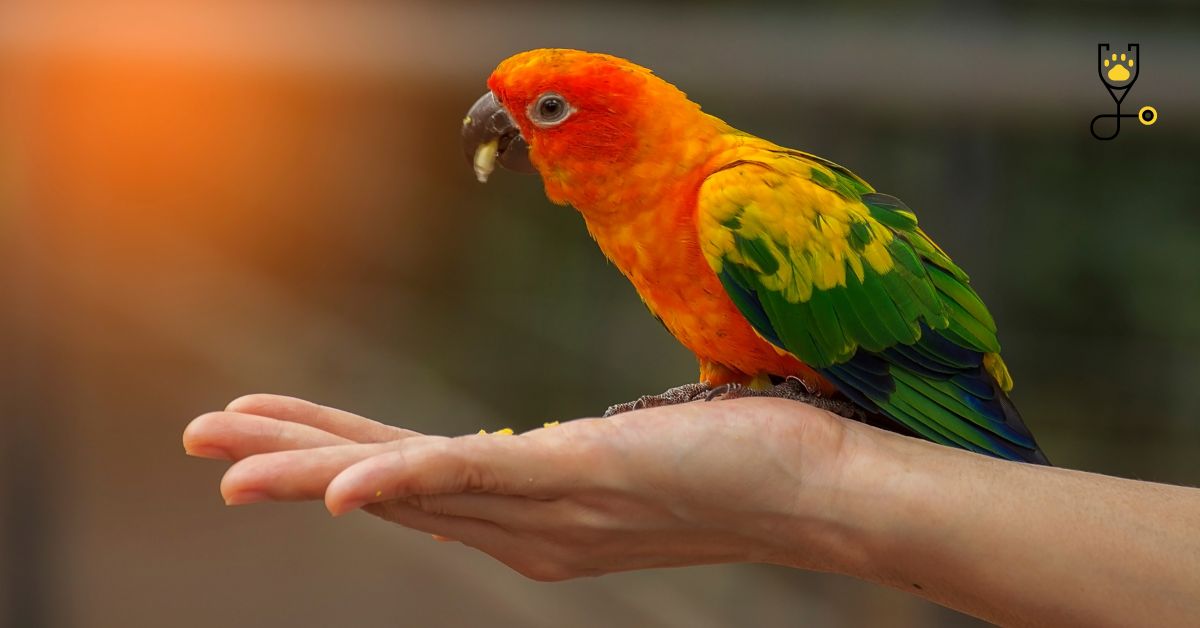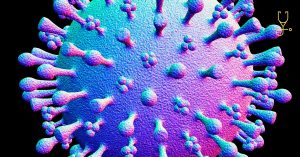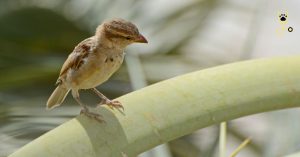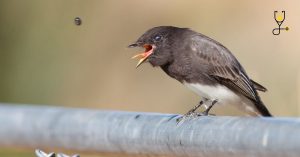Are you considering getting a companion bird as a pet and want to learn more about the proper nutrition for them? While many people mistakenly assume that birds only eat birdseed, the reality is much different. In fact, there are plenty of natural foods that make excellent additions to any companion bird’s diet. Eating a variety of healthy, natural foods is essential to your feathered friend’s health and happiness – so keep reading! In this blog post, we’ll discuss all the tasty favorites they can enjoy in order to get their recommended daily nutritional needs met.
Similar Reads: Best & Healthy Food you can feed your Bird
Comparisons between Human Foods and Birds
1. Seeds
Both birds and humans enjoy seeds, particularly sunflower seeds. Sunflower seeds are high in protein, vitamins B6 and E, magnesium, selenium, zinc, and iron. They’re also a rich source of omega-3 fatty acids which help keep the heart healthy.

2. Nuts
Nuts are a great source of protein and healthy fats for both people and birds alike. They provide a crunchy texture that most birds love, together with essential vitamins and minerals like zinc, selenium, and magnesium. Almonds, walnuts, cashews, pecans, hazelnuts, and macadamia nuts are all tasty treats for companion birds.

3. Fruits
Fruits offer a sweet flavor that is irresistible to some birds. Apples, pears, oranges, melons and grapes are all great options for adding natural sweetness to your bird’s diet in moderation.
Learn in details: All About Safe Fruits for Birds
4. Vegetables
Many vegetables can be offered as treats or included in mix-and-match salads alongside fruits and other food items like nuts and seeds. Carrots, celery, bell peppers, tomatoes, cucumbers, and zucchini are all healthy vegetable choices for birds.
Learn more: 8 Safe Vegetables for Pet Birds to Eat

5. Grains
Whole grains like oats, quinoa and brown rice can be offered as occasional treats to birds as well. They provide complex carbohydrates that help keep energy levels up throughout the day.
6. Legumes
Legumes like kidney beans, chickpeas and lentils contain high amounts of protein which is essential for growth and maintenance in companion birds. They can also provide a great source of fiber which helps with digestion.
7. Meat
Birds are omnivores so they can benefit from enjoying lean meats like chicken or fish on occasion as well. Meats should be cooked thoroughly before feeding to birds as raw or undercooked meats can harbor bacteria.
8. Dairy
Dairy products like yogurt, cheese, and eggs are suitable for offering in moderation to companion birds. They provide a good source of calcium which helps keep bones strong and is essential for egg production in female birds.
9. Herbs & Spices
Many herbs and spices can be used to flavor up meals for your feathered friends such as parsley, ginger, cilantro and basil. Just make sure they don’t contain any added salt or sugar as these can be unhealthy for birds.
10. Sweeteners
Honey is an excellent natural sweetener that can be offered in moderation to birds as well. Just remember to offer it sparingly since it does contain a high amount of sugar.
11. Fats & Oils
Healthy fats and oils like olive oil, flax seed oil or coconut oil can also be used as occasional treats. They provide essential fatty acids that are vital for a bird’s overall health and wellness.
12. Supplements
If you want to give your bird an extra boost of nutrition, there are several specialized supplements available on the market designed specifically for birds. These can include vitamins and minerals like calcium or omega-3s which may not be found in their regular diet.
13. Insects
Insects like mealworms, crickets and waxworms are a great source of protein for birds so these can be offered as occasional snacks as well.
14. Treats & Snacks
Many types of treats and snacks are available for birds, from bird-safe versions of popcorn to cookies and other crunchy treats. Just make sure to read the labels carefully and keep these in moderation as too many may contain unhealthy additives like sugar or salt.
15. Human Foods
While some human foods can be given to birds in moderation, it’s important to avoid giving them anything containing large amounts of sugar, salt, processed fats or artificial ingredients. Stick to fresh items like fruits, vegetables, nuts, and seeds for a healthy diet that your feathered friend will love.
Conclusion
A balanced and varied diet is essential for the health of companion birds, so it’s important to offer them a variety of food items in addition to their regular birdseed or pellets. Fresh fruits, vegetables, nuts, and seeds are all excellent choices that can help provide essential nutrients for your feathered friend. Human foods like dairy products, grains, and legumes can also be offered as occasional treats. Insects like mealworms and wax worms may also be given in moderation as they provide an additional source of protein. Just remember to avoid giving too many treats or snacks with unhealthy additives such as sugar or salt. With a well-balanced diet that includes both fresh ingredients and fortified birdseed or pellets, you’ll ensure your feathered friend stays healthy and happy.
FAQs
Q: Is it safe to give my bird human food?
A: Yes, certain types of human foods can be given in moderation such as fresh fruits, vegetables, nuts, and seeds. However, it’s important to avoid giving your bird anything containing large amounts of sugar, salt, or processed fats.
Q: What kind of supplements should I give my bird?
A: There are several specialized supplements available on the market designed specifically for birds that contain essential vitamins and minerals like calcium or omega-3s which may not be found in their regular diet. Just make sure to read the labels carefully before offering them to your feathered friend.
Q: What type of snacks can I give my bird?
A: Bird-safe versions of popcorn, cookies, and other crunchy treats are all great options for occasional snacks. Just make sure to keep them in moderation as too many may contain unhealthy additives like sugar or salt. Insects like mealworms, crickets, and waxworms are also good sources of protein for birds.
Q: How often should I give treats and snacks to my bird?
A: Treats and snacks should only be given in moderation as an occasional snack. A balanced diet consisting primarily of fresh fruits, vegetables, nuts, and seeds along with fortified birdseed or pellets is essential for the overall health of your feathered friend.
Q: What type of fresh foods should I give my bird?
A: Fresh fruits, vegetables, nuts, and seeds are all excellent choices for a healthy diet for birds. You can also offer grains and legumes in moderation as occasional treats. However, it’s important to avoid giving anything containing large amounts of sugar or salt. Insects like mealworms and wax worms may also be given in moderation as they provide an additional source of protein.








